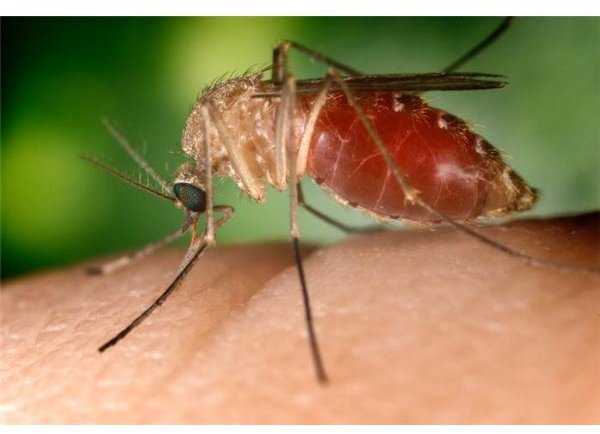How to Deal with a Mosquito Allergy?
People are constantly subjected to external environmental factors. Among these are some allergens, that may elicit allergic responses. Other people, equally subjected to the allergen, may not have such a response. Common allergens include food components (proteins), pollen, dust, pollutants, and insect-mediated substances.
What is a mosquito allergy?
An insect allergy is the allergic response to an insect bite or sting. In the case of mosquitoes, the insect bites the victim and injects anticoagulants substances in the biting area. The allergic reaction to these anticoagulants (allergens) is known as mosquito allergy?
Normally, the reaction to a mosquito bite is local and has no serious consequences. However, in some instances and in very sensitive people, mosquito bites can have severe reactions that may include wheezing, hives, and fever.
Symptoms
The following are the most observed reactions to a mosquito bite:
- Swelling
- Itching
- Rashes
- Blisters
- Bruises
- Hives
- Asthma symptoms: wheezing coughing, etc
Anaphylaxis, a very severe response to very sensitive people, may occur (although very rarely). Anaphylactic reactions include a variety of symptoms such as generalized hives, itchiness, swelling of the lips and throat, respiratory problems, drop in blood pressure, myocardial infarction, and even death. As mentioned, anaphylatic reactions due to mosquito bites are very rare and may be produced in very sensitive people and are probably due to an unusually high number of mosquito bites.
Another severe reaction to mosquito bites is called Skeeter syndrome. This syndrome involves severe inflammation and fever. This typically appears in highly sensitive people.
Scratching insect bites may produce secondary effects such as more inflammation, swelling, and infection of the skin in or near the area of the mosquito bite.
How to deal with mosquito bites
Mosquitoes are everywhere and in all climates even when cold. Prevention is perhaps the best way to deal with problems related to mosquito bites. Avoiding mosquitoes is the main line of action to prevent bites. This can be done by avoiding going outdoors, using long sleeves and long pants when being outside the home, avoiding going to places known to be highly populated by mosquitoes, eliminating all possible places where water can accumulate around the house (standing water is where mosquitoes grow), usage of insect repellents, etc.
How to cope with a mosquito bite once it has happened
If a mosquito bite occurs anyway despite all the prevention you may do, then there are a few things you can do to alleviate the mosquito allergic reactions. You can use oral histamines to treat them or you can use topical creams that have corticosteroids to alleviate inflammation of the skin. Some of these creams may even have some antibiotics to prevent skin infections.
If you notice that you are very allergic to mosquito reactions then you may ask your doctor for immunotherapy. Basically, these are allergy shots (using mosquito whole-body extract) used to develop the defense against a real mosquito bite.
References
Lo Vecchio F, Tran TV (2004). Allergic reactions from insect bites. Am J Emerg Med 22(7):631.
Image Credit
Culex mosquito, Culex quinquefasciatus, vecteur du virus du Nil occidental, This image is in the public domain : https://phil.cdc.gov/phil/detail.asp?id=4464
